Effects of Behavioral Addictions: How They Impact Health, Relationships, and Daily Life
GET HELP TODAY!
100% Confidentiality Guaranteed


Drug Information
Topic: Effects of Behavioral Addictions
Main Topic: Addiction Topics and Treatment
About the Author
Mat Gorman
Mat Gorman is an experienced mental health writer and medical researcher with over a decade of experience in addiction recovery education. He specializes in translating complex clinical topics into clear, compassionate content that empowers families and individuals seeking treatment. Mat has collaborated with recovery centers, licensed therapists, and physicians to publish evidence-based resources across the behavioral health space. His passion for helping others began after witnessing the struggles of loved ones facing substance use disorder. He now uses his platform to promote hope, clarity, and long-term healing through accurate, stigma-free information.
Effects of Behavioral Addictions Overview at a Glance
- Behavioral addictions can cause mental health problems, including anxiety, depression, and mood swings.
- They often disrupt relationships, leading to secrecy, conflict, and social withdrawal.
- Financial and legal issues such as debt, job loss, and risky decision-making are common consequences.
- Cognitive impacts include reduced focus, compulsive thinking, and impaired memory.
- Physical effects range from sleep disturbances to stress-related health issues.
- Harms vary by behavior type—gambling, gaming, pornography/sex, shopping, food, exercise, and work each present unique risks.
- Without help, effects can worsen and lead to long-term impairment in daily life.
- Evidence-based treatments like CBT, group therapy, and support groups can reduce these effects and restore well-being.
What is a behavioral addiction?
A behavioral addiction is a condition marked by compulsive repetition of an activity (e.g., gambling, gaming, pornography/sex, shopping, social media use) despite negative consequences. Many people enjoy these activities in moderation; a behavioral addiction emerges when the habit becomes an obligation and the person continues even as health, relationships, or responsibilities suffer.
Healthcare authorities recognize two broad forms of addiction: substance (e.g., alcohol, opioids, stimulants) and non‑substance/behavioral. Both can degrade quality of life and both are treatable.
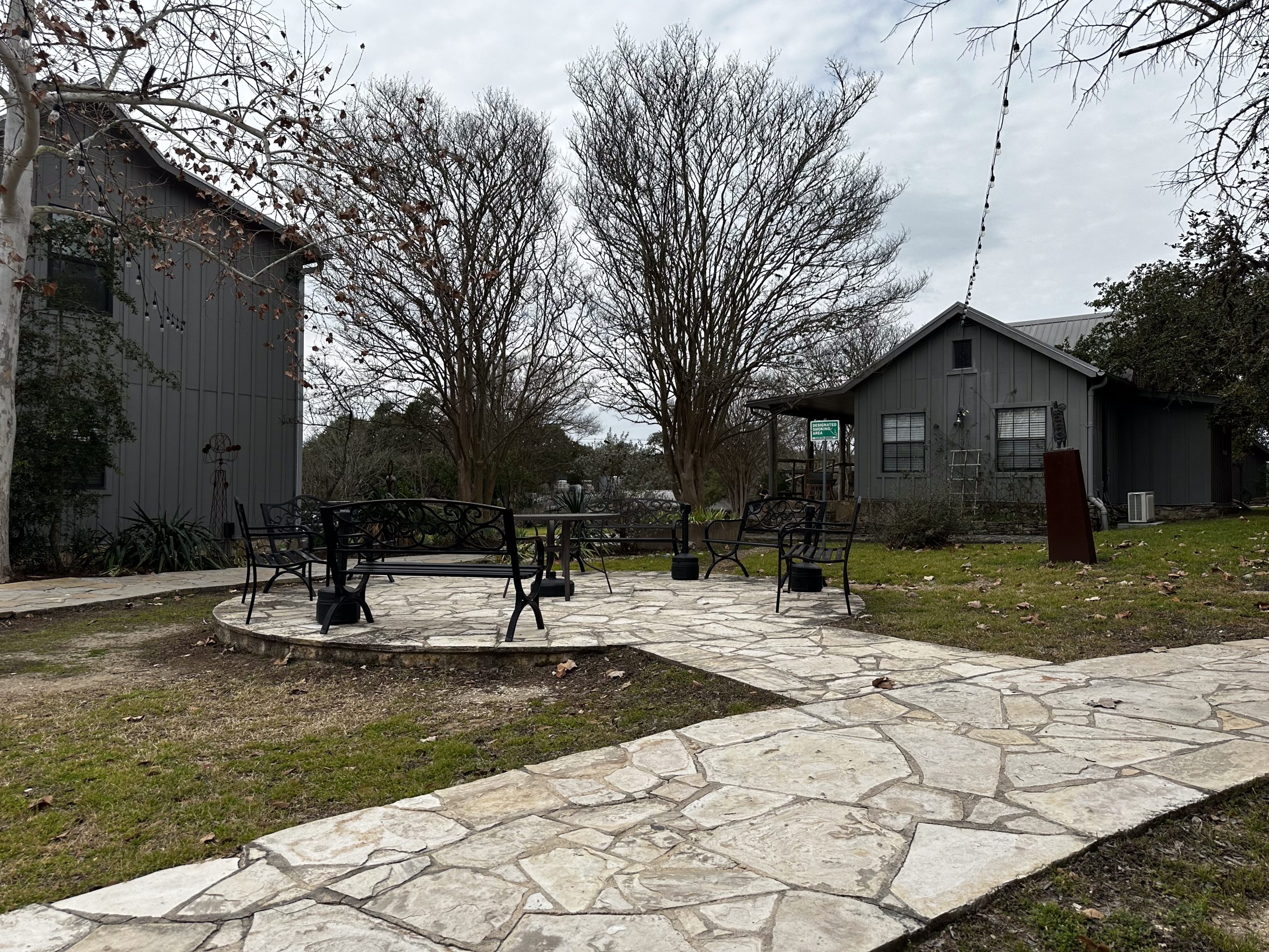

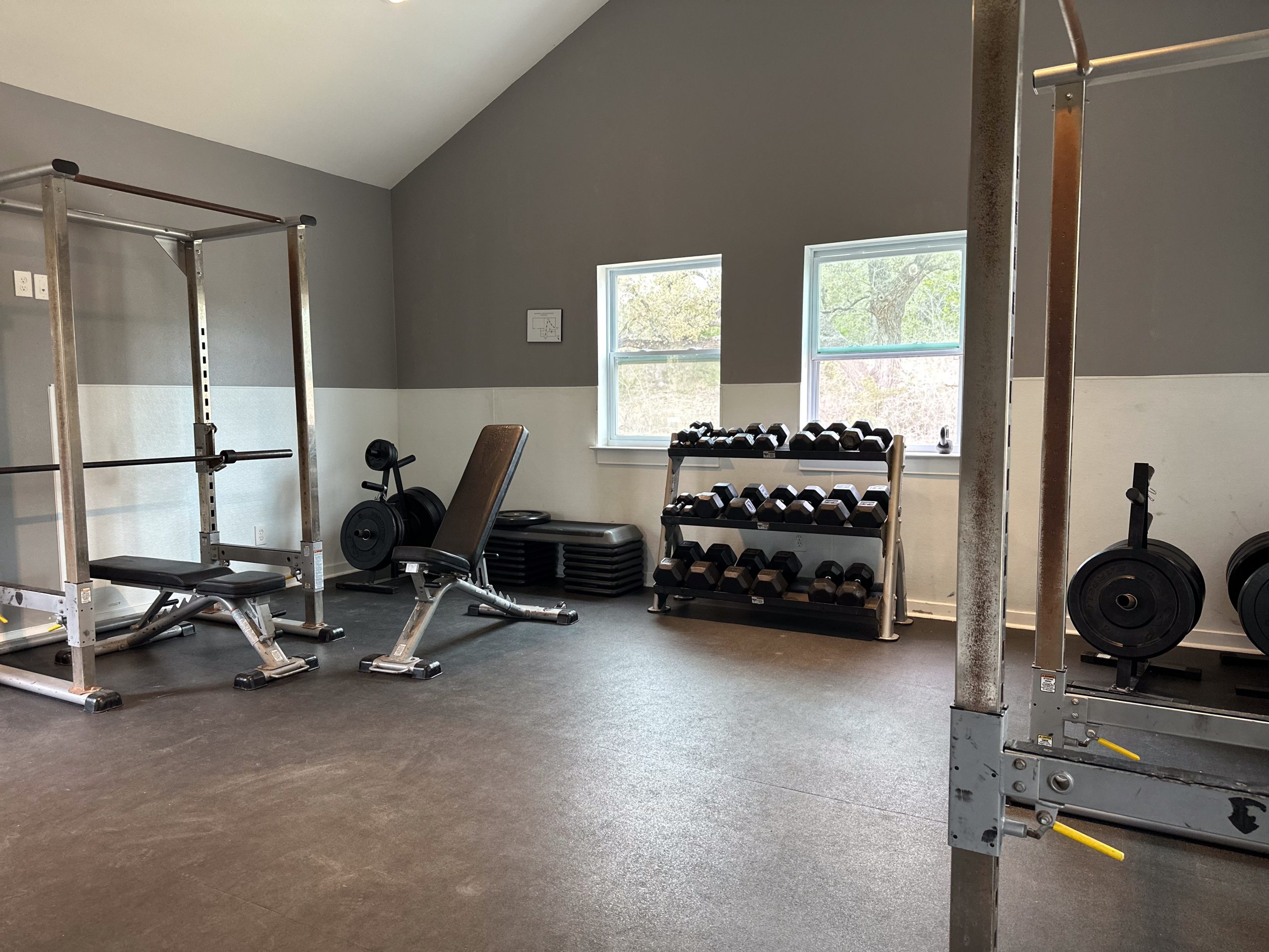

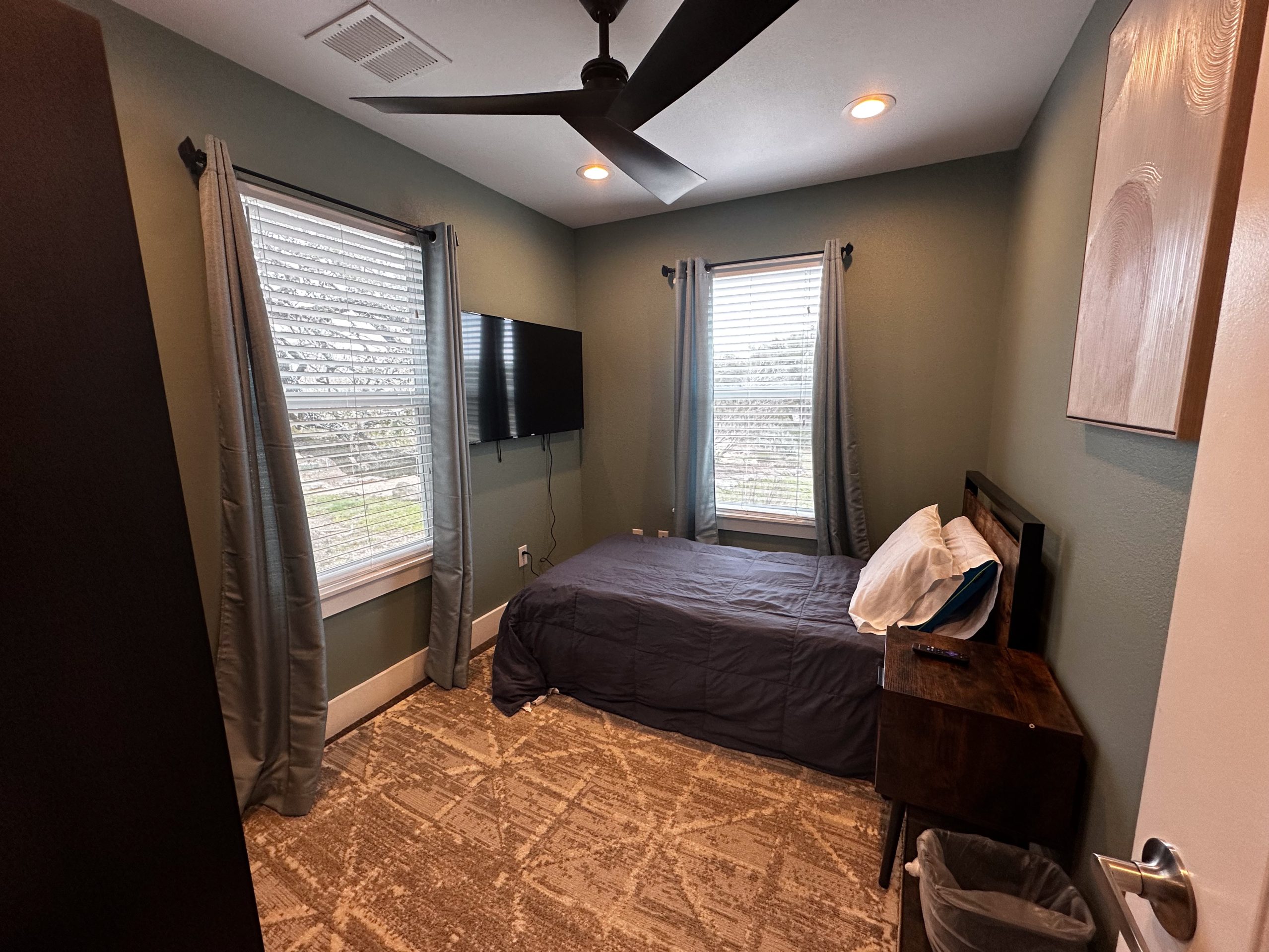


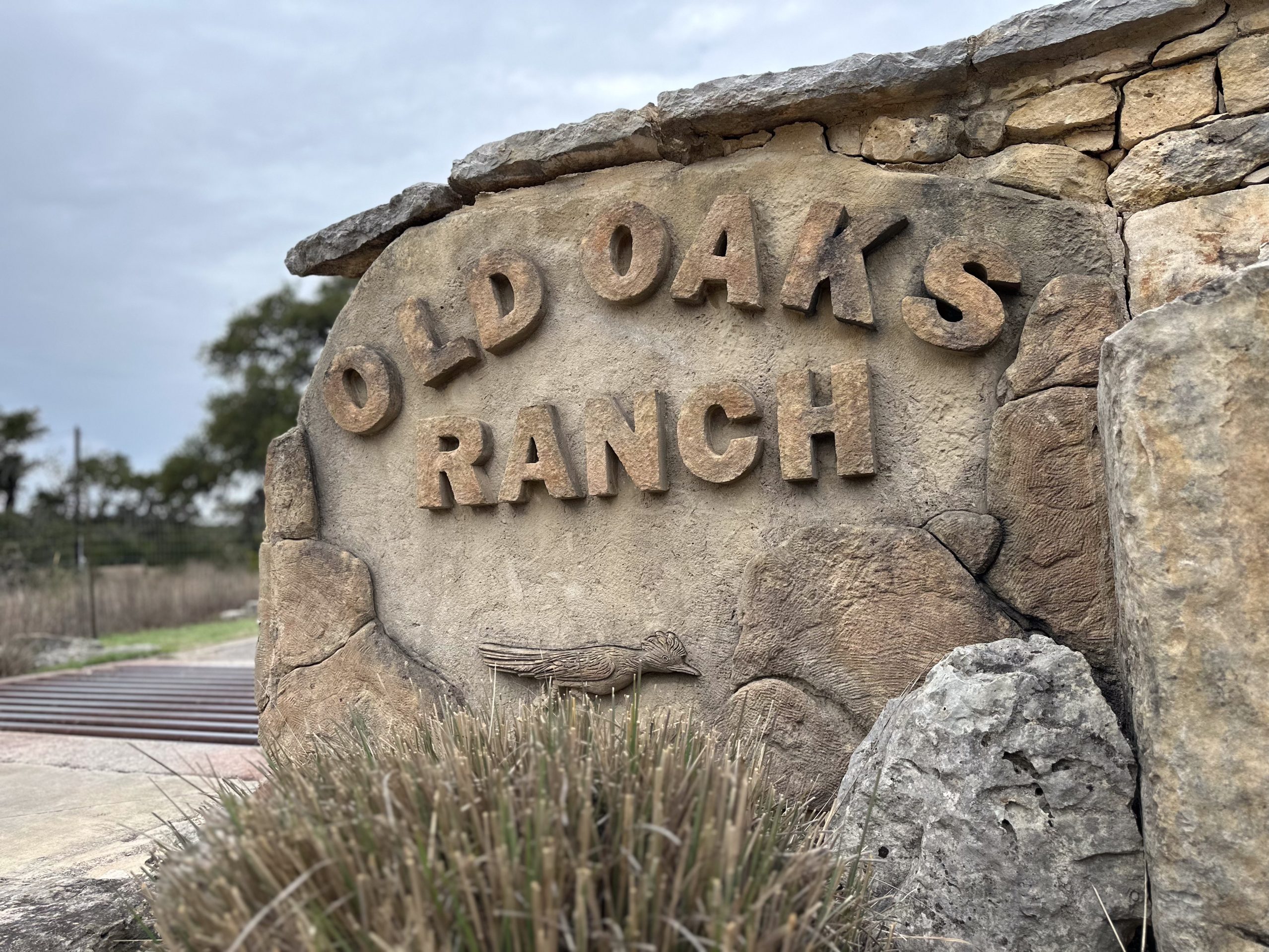


The brain science behind the effects
Behavioral addictions tap into the brain’s reward system. When a behavior produces a burst of reward (often via dopamine signaling), the brain learns to seek and repeat that behavior. Over time, cues and stressors can trigger attention capture, urges, and compulsive repetition. This learning process helps explain why someone keeps clicking “next,” placing another bet, or chasing likes—even after promising not to.
With repetition, reinforcement and habit pathways strengthen. People may experience tolerance‑like effects (needing “more” for the same feeling) and withdrawal‑like discomfort (irritability, restlessness, low mood, sleep disruption) when they try to cut back—especially in disorders like gambling. These changes are not moral failings; they reflect neurobehavioral learning similar to substance use disorders.
The core effects of behavioral addictions
Below are the major life domains where effects typically appear, with examples you can use as screening signals.
1) Mental and emotional health
- Anxiety and depression. People often report anxiety when they can’t engage in the behavior and low mood or shame after they do. In research on internet‑related addictions, higher involvement correlates with depression/anxiety and lower school engagement.
- Irritability and mood swings. Attempting to stop can produce restlessness and irritability—especially in gambling and similar disorders.
- Guilt, secrecy, and isolation. Many hide the behavior, avoid social contact, or withdraw from relationships, which magnifies distress.
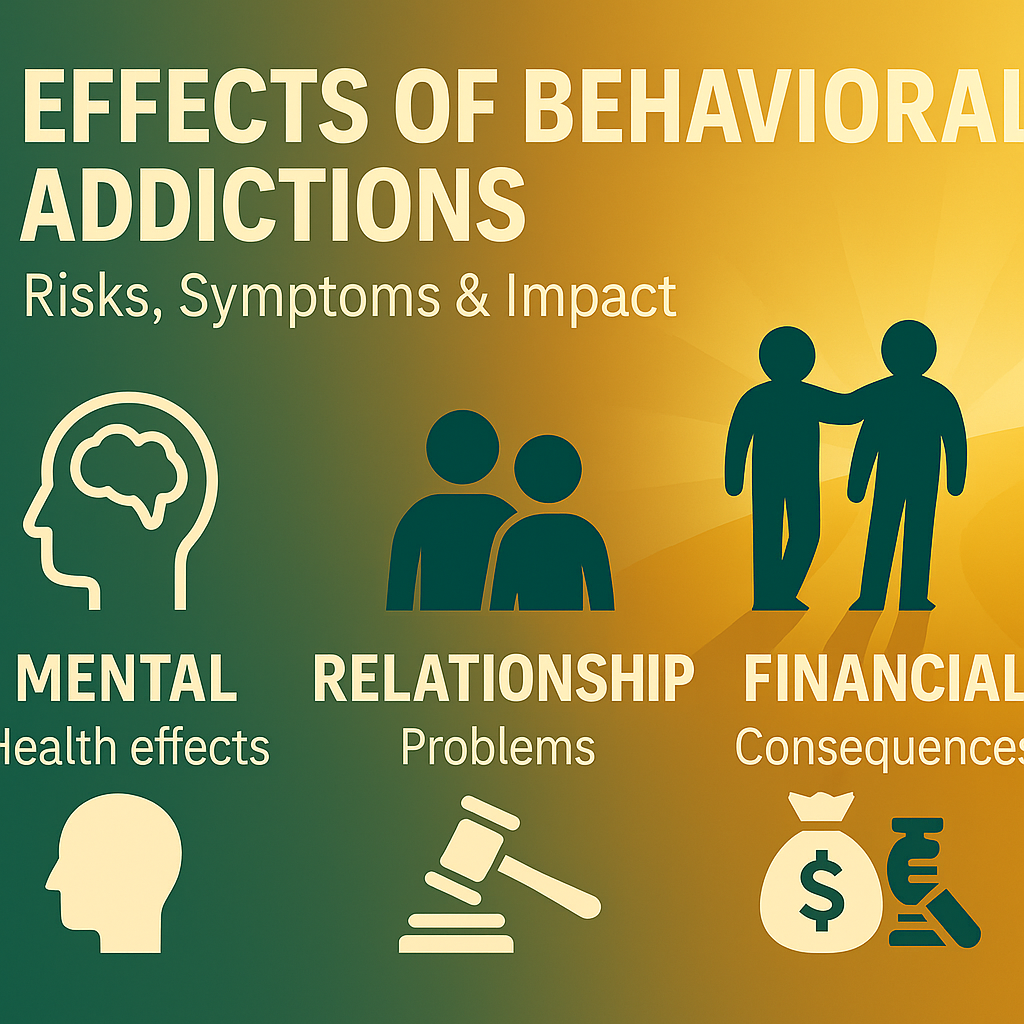
2) Cognitive effects
- Reduced attention and working memory. Constant cueing and rapid reward cycles compete for cognitive resources, undercutting focus.
- Obsessive preoccupation. Time and mental energy gravitate toward planning, doing, or recovering from the behavior, often crowding out other goals.
3) Physical and sleep effects
- Sleep disruption (late‑night sessions, early‑morning urges), fatigue, and sedentary strain are common. For heavy digital use, risks include musculoskeletal discomfort and eye strain.
- Somatic stress: headaches, GI upset, or tension—especially when access to the behavior is blocked.
4) Relationships and family life
- Conflict and trust erosion. Secrecy, broken promises, and financial strain trigger arguments and mistrust. Harms often extend to family members and partners.
- Withdrawal from shared activities. Time formerly spent with loved ones is diverted toward the behavior, leaving others feeling “second to a screen, a bet, or a scroll.”
5) School and work
- Missed deadlines, presenteeism, or absenteeism. Night‑time use bleeds into next‑day performance.
- Loss of opportunity. Promotions, grades, and professional reputation suffer.
6) Financial and legal consequences
- Debt, overspending, or risky financial decisions (e.g., chasing gambling losses, unplanned purchases).
- Job impact and, in some cases, legal problems arising from impulsive acts linked to the behavior.
Effects by behavior type
While the brain‑behavior loop is shared, each behavior has distinct risk patterns.
Gambling
Financial harm (losses, debt, borrowing), relationship conflict, work impairment, and legal issues in severe cases. Harms from gambling can be comparable (in burden) to those seen with depression and alcohol use disorders at the population level.
Gaming (video gaming, online gaming)
leep loss, social withdrawal, and functional impairment (school/work). ICD‑11 recognizes gaming disorder when impairment/distress is present.
Internet & social media
Mood symptoms (depression/anxiety), reduced academic engagement, and attention fragmentation with heavy/problematic use.
Pornography / sex
Shame/guilt, relationship strain, preoccupation, and escalation to more time‑intensive content or higher‑risk situations; some individuals report sleep disruption and concentration problems when attempting to stop.
Shopping / compulsive buying
Debt, clutter, and concealment (hiding packages/receipts), conflict with partners, and legal/credit repercussions for some.
Food‑related (e.g., hyper‑palatable food patterns)
Weight fluctuation, cravings, and guilt cycles that may crowd out balanced nutrition and social meals; overlap with eating‑disorder symptoms in some individuals.
Exercise
Overuse injuries, burnout, and social narrowing when workouts displace relationships and work responsibilities; irritability when unable to train.
Work (workaholism)
Exhaustion, sleep loss, relationship neglect, and reduced well‑being despite temporary achievements.
The net effect across these categories is consistent: short‑term relief, long‑term costs.
More Time. More Joy. More You. Start Now.
WE ACCEPT MOST INSURANCES







Who is most at risk? (risk factors & co‑occurring conditions)
- Stress, trauma, mood or anxiety disorders, and ADHD can raise vulnerability as people seek relief or stimulation.
- Access and environmental design: always‑on devices, algorithmic feeds, frictionless payment systems, and rapid reward schedules amplify habit learning.
- Co‑occurring conditions: behavioral addictions often co‑occur with other psychiatric symptoms, and overall disease burden can be high without treatment.
When normal use becomes harmful: red‑flag signs
Consider the possibility of a behavioral addiction when you notice several of the following for 3+ months:
- You can’t cut back, or you quit then rapidly return.
- You keep breaking personal rules (“only 30 minutes,” “no weekday betting”).
- Negative effects mount (sleep loss, conflict, missed obligations, financial strain).
- You feel shame or secrecy around the behavior.
- You continue despite harm and tell yourself you’ll fix it “tomorrow.”
Diagnosis & classification (DSM‑5 / ICD‑11)
- In DSM‑5, gambling disorder is included under substance‑related and addictive disorders; debates continue around other behaviors.
- In ICD‑11, gaming disorder and gambling disorder are categorized as disorders due to addictive behaviors.
A qualified clinician evaluates impairment, distress, loss of control, and persistence despite consequences—rather than the behavior alone.
Freedom Starts Here. Take Back Your Life Today.
Same-Day Admissions in Austin Available.
Treatment that reduces or reverses the effects
Evidence‑based care targets both the behavior and the drivers behind it.
- Cognitive Behavioral Therapy (CBT): skills to notice triggers, restructure thoughts, install competing routines, and rebuild valued activities.
- Motivational approaches (MI): resolve ambivalence and set approach goals.
- Exposure/response prevention or urge surfing for cue‑linked urges.
- Group therapy and family work: address shame, secrecy, and relationship repair.
- Medications: not “for” a behavioral addiction per se, but to treat comorbid depression, anxiety, or OCD, which can compound effects (e.g., SSRIs for comorbidities in specific cases).
- Mutual‑help options: SMART Recovery, GA (Gamblers Anonymous), SAA, OA, DA, and other groups provide ongoing peer support and structure. (Choose the group that matches the behavior.)
Why treatment works: it weakens cue–behavior links, restores sleep and routines, rebuilds relationships, and reduces financial/legal risks through planning and accountability.
Practical steps you can start today
- Map triggers (time of day, emotions, locations) and install friction (filters, app timers, delay rules).
- Swap in “competing” activities that deliver relief without the same cost (walks, calls to a friend, brief workouts, reading, hobbies).
- Transparent money rules: cash‑only for discretionary spending; freeze credit; hand control of accounts to a trusted partner when safety is at stake.
- Micro‑wins: track streaks (minutes/hours/days) and reward consistency, not perfection.
- Ask for help early—outcomes improve when you do.
If you or someone you love needs immediate support: In the U.S., call Nova Recovery Center at (512) 605-2955 for free, confidential treatment assessment.
Frequently Asked Questions About the Effects of Behavioral Addictions
What are the most common effects of behavioral addictions?
Mood changes (anxiety/depression), sleep disruption, impaired concentration, relationship conflict, missed responsibilities, and financial stress are common across behaviors.
Are the effects as serious as those from drug or alcohol addiction?
They can be. While physical complications differ, the functional harms—to health, relationships, school/work, and finances—can be substantial.
How do behavioral addictions affect the brain?
They recruit the reward system (dopamine‑mediated learning), reinforcing habit loops and making urges more automatic over time.
Which behavioral addictions are officially recognized?
Gambling disorder (DSM‑5) and both gaming and gambling disorders (ICD‑11) are formally recognized when there’s impairment or distress.
Can you have withdrawal from a behavioral addiction?
People often report irritability, restlessness, low mood, and sleep issues when they try to stop—especially in gambling and related disorders.
How do these addictions affect school or work?
Late‑night use, preoccupation, and mood symptoms reduce attention and engagement, which hurts performance and grades.
What are financial or legal effects?
Gambling and compulsive buying can lead to debt, credit problems, and in some cases legal issues; work performance can also suffer.
Toggle Title
Yes. Co‑occurring depression, anxiety, and other psychiatric conditions are common and increase disease burden without treatment.
What treatments help reverse the effects?
CBT, motivational therapy, group therapy, family work, and mutual‑help groups; meds target comorbidities when present.
When should I seek help?
Seek help when you notice loss of control and ongoing harm to health, relationships, work/school, or finances—even if you still enjoy the behavior. Earlier care improves outcomes.
How Nova Recovery Center Supports Substance Abuse With Co-Occurring Behavioral Addictions
At Nova Recovery Center, we understand that many clients struggle with both substance abuse as a primary diagnosis and behavioral addictions as a secondary concern. These conditions often reinforce one another, creating cycles that can be difficult to break without comprehensive care. Our team begins with a safe, medically supported detox process that addresses the immediate risks of substance use and stabilizes clients for long-term recovery. From there, we provide individualized treatment plans that integrate evidence-based therapies such as Cognitive Behavioral Therapy (CBT), motivational approaches, and relapse-prevention strategies. These therapies not only target substance abuse but also help clients recognize patterns of compulsive behaviors, like gambling, gaming, or pornography use, that may interfere with recovery. Our inpatient drug rehab provides Family therapy and group support sessions provide additional structure, accountability, and healing in relationships often strained by addiction. For clients with dual concerns, we focus on rebuilding healthy coping mechanisms, improving emotional regulation, and creating sustainable routines. By treating the root causes of both substance abuse and behavioral addictions, Nova Recovery Center empowers individuals to achieve long-term sobriety, improved mental health, and a stronger quality of life, while in outpatient rehab.
Get help today. Reach out now to start your path to healing.
Other Outpatient Drug and Alcohol Rehab Locations
Medical Disclaimer
The information on this page is provided for educational purposes only and should not be considered a substitute for professional medical advice, diagnosis, or treatment. Behavioral addictions and related health conditions should be evaluated and managed by a licensed healthcare provider. If you are experiencing severe distress, withdrawal-like symptoms, or thoughts of self-harm, call 911 immediately in the United States or seek emergency medical assistance. For confidential mental health support, you can also dial 988 to connect with the Suicide & Crisis Lifeline, available 24/7.
Nova Recovery Center Editorial Guidelines
By instituting a policy, we create a standardized approach to how we create, verify, and distribute all content and resources we produce. An editorial policy helps us ensure that any material our writing and clinical team create, both online and in print, meets or exceeds our standards of integrity and accuracy. Our goal is to demonstrate our commitment to education and patient support by creating valuable resources within our realm of expertise, verifying them for accuracy, and providing relevant, respectful, and insightful data to our clients and families.

